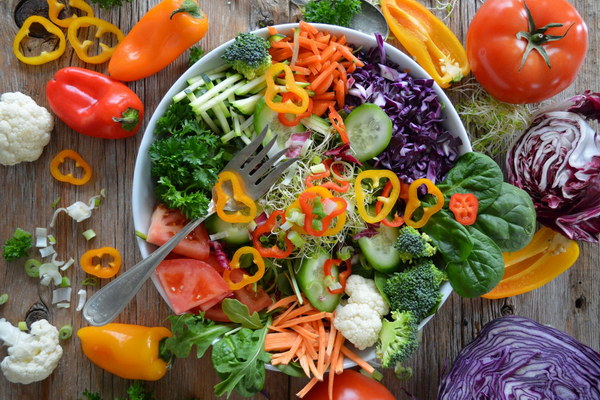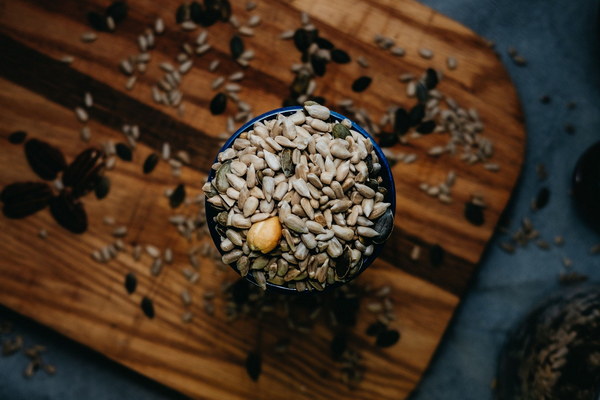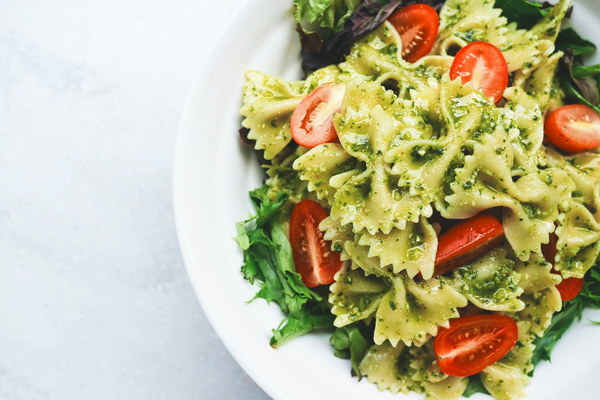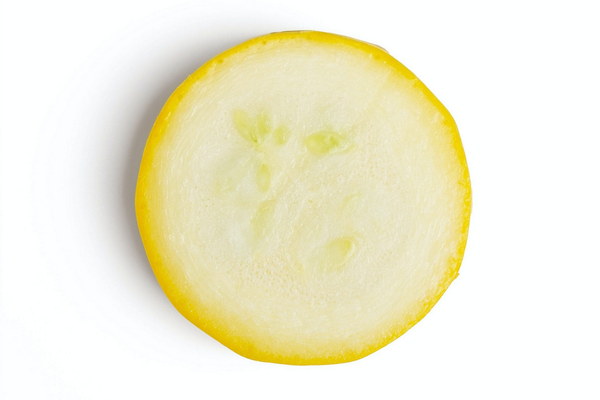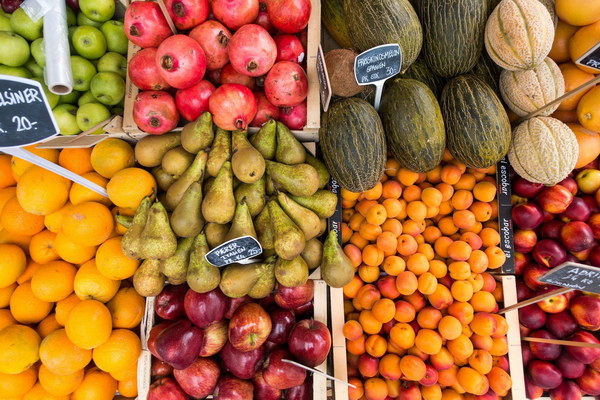Post-Hysterectomy Recovery A Comprehensive Guide to Nutritional Support
Introduction:
Undergoing a hysterectomy is a significant surgical procedure that can leave patients feeling physically and emotionally drained. Recovery from this surgery requires time, patience, and proper care, including adequate nutrition. This article aims to provide a comprehensive guide on how to effectively nourish your body post-hysterectomy to promote healing and overall well-being.
1. Consult with a healthcare professional:
Before making any significant changes to your diet, it is crucial to consult with your healthcare provider. They can provide personalized recommendations based on your specific needs, medical history, and any existing conditions.
2. Focus on protein intake:
Protein is essential for tissue repair and healing. Incorporate lean proteins such as chicken, turkey, fish, lean beef, and plant-based options like tofu, tempeh, and legumes into your diet. Aim to consume approximately 15-20 grams of protein per meal to support your body's recovery process.
3. Consume a variety of fruits and vegetables:

A diet rich in fruits and vegetables provides essential vitamins, minerals, and antioxidants to support immune function and reduce inflammation. Aim to consume at least 5 servings of fruits and vegetables per day, including a variety of colors to ensure a wide range of nutrients.
4. Stay hydrated:
Hydration is vital for overall health and recovery. Drink plenty of fluids throughout the day, including water, herbal teas, and clear broths. Avoid caffeine and alcohol, as they can dehydrate your body.
5. Include healthy fats in your diet:
Healthy fats, such as those found in avocados, nuts, seeds, and olive oil, provide energy and support cell repair. Incorporate these fats into your meals and snacks to promote healing.
6. Manage blood sugar levels:
Balanced blood sugar levels are important for overall health and recovery. Include complex carbohydrates such as whole grains, legumes, and starchy vegetables in your diet. Avoid excessive sugar and refined carbohydrates, as they can cause blood sugar spikes and contribute to inflammation.
7. Prioritize fiber-rich foods:
Fiber helps maintain bowel regularity and can aid in digestion, which is particularly important after surgery. Incorporate high-fiber foods such as fruits, vegetables, whole grains, and legumes into your meals.
8. Consider vitamin and mineral supplements:
Your healthcare provider may recommend vitamin and mineral supplements to ensure you are meeting your nutritional needs. Common supplements include vitamin D, calcium, iron, and vitamin B12.
9. Practice mindful eating:
Eating slowly and savoring your food can help improve digestion and reduce the risk of complications. Avoid eating large meals and try to chew thoroughly to aid in digestion.
10. Be patient with your body:
Recovery from a hysterectomy is a gradual process. Allow yourself time to heal and adjust to any dietary changes. Listen to your body's needs and be flexible with your food choices as you progress through your recovery journey.
Conclusion:
Post-hysterectomy recovery requires a balanced and varied diet to support healing and overall well-being. By incorporating the recommendations outlined in this article, you can provide your body with the necessary nutrients to aid in recovery. Remember to consult with your healthcare provider to tailor your nutritional plan to your specific needs and preferences.
